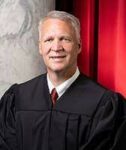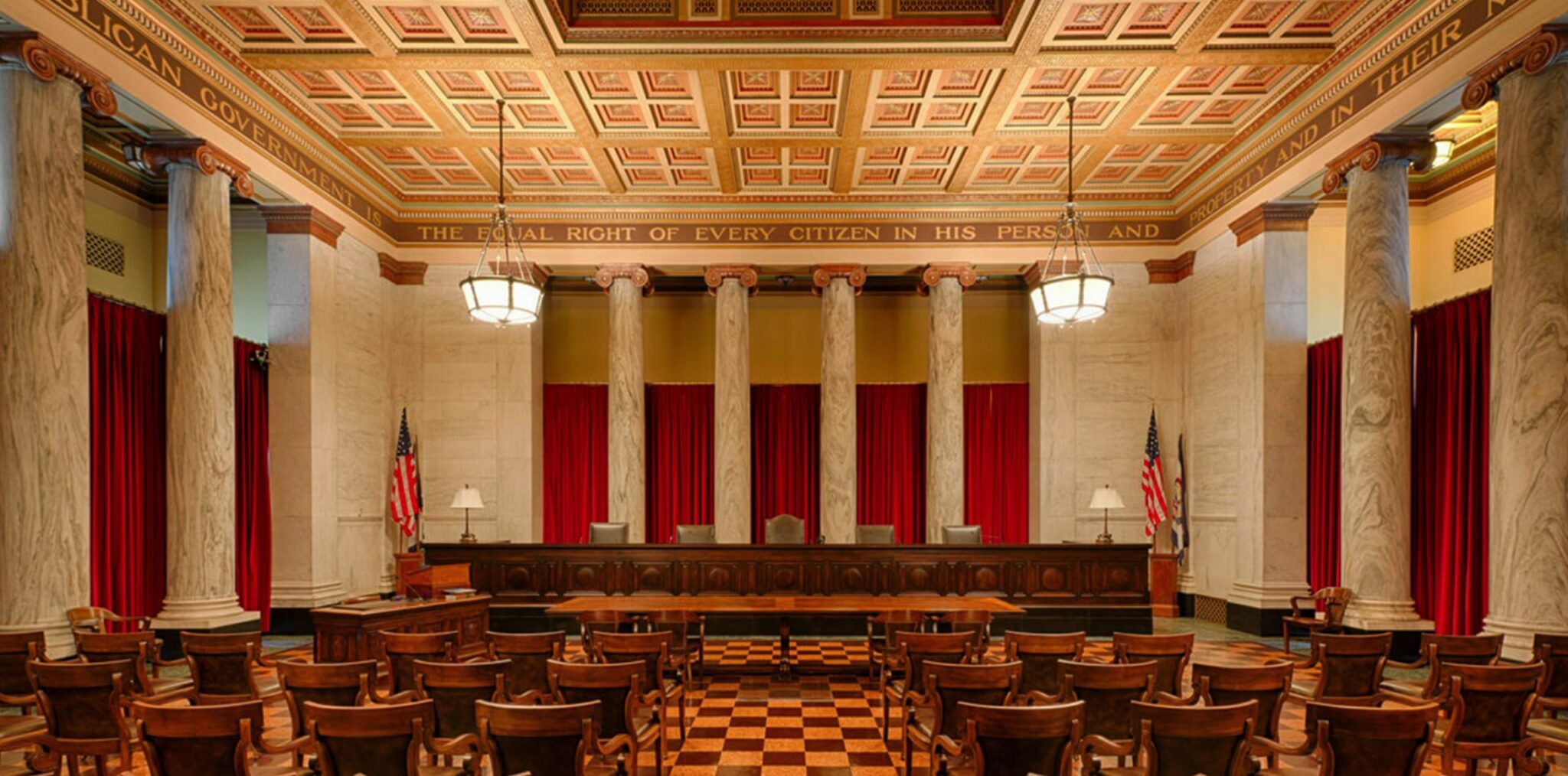West Virginia Supreme Court justices heard arguments about whether the system being used to approve charter schools is constitutional.
Charter schools receive financial support from the state’s public education system and are given greater operational latitude in exchange for the possibility of losing their right to operate if they fail. Because they receive public funding, they are considered public schools.
The legal battle is not about whether West Virginia can have charter schools, but instead whether they may be authorized through a newly-established Professional Charter Schools Board. Board members are appointed by the governor and then go through confirmation by the state Senate. In this route, there is no vote by the public.
The court challenge is based on a section of the state Constitution that says “no independent free school district, or organization shall hereafter be created, except with the consent of the school district or districts out of which the same is to be created, expressed by a majority of the voters voting on the question.”
The plaintiffs challenging the approval system, Sam Brunett of Marion County and Robert McCloud of Kanawha County, want the right to vote on any charter school created in their counties, citing the state constitution.
Their lawsuit named Gov. Jim Justice along with Senate President Craig Blair and House Speaker Roger Hanshaw.
Kanawha Circuit Judge Jennifer Bailey in late 2021 granted a temporary injunction on West Virginia’s newest method for approving charter schools, saying a constitutional challenge stands a good chance of succeeding in the long term.
In early 2022, the Supreme Court unanimously granted a stay, allowing the charter schools system to go ahead until the the broad legal issues surrounding charter schools will still be explored in court.
Now the Supreme Court justices should vacate the preliminary injunction and send the case back to circuit court with instructions to dismiss it, said Michael Williams, senior deputy solicitor general for the state.
Arguing on behalf of the governor and the legislative leaders, Williams said they shouldn’t even be in the case because they now have no power over the West Virginia Professional Charter Schools Board.
“The harms here are weighty because the governor now finds himself subject to a potential order and he faces contempt sanctions of the board that he cannot himself control,” Williams said.
And Williams argued that the section of constitution being cited shouldn’t apply to the approval of charter schools. “Here, charter schools merely have recurring territories that overlap with existing districts. They don’t carve anything out of the districts. The districts are not in any way affected,” he said.
When the Legislature first passed a bill allowing charter schools in 2019, authorization went only through county boards — or the state school board in a few instances. The first applicant was then rejected by the Monongalia and Preston county boards.
In 2021, the Legislature made changes to include a new pathway to approval, adding the West Virginia Professional Charter School Board as an authorizer. In its first year, the board approved charters for new, freestanding schools in Morgantown, Nitro and Jefferson County. A week later, the board approved two charter schools that would operate online.

Justice Tim Armstead asked today about whether charter schools are limited to geographic areas, particularly the online schools. “So how would you determine exactly what, even if you were to assume they were carved out, how would you determine what they were carved out from if they’re not limited by that recruitment area?”
Williams responded that the virtual schools are not limited to county enrollment areas. And he noted that Nitro Preparatory Academy, which has delayed its opening, was conceived as drawing from students in Kanawha and Putnam counties.
“So I think you’re getting at one of the problems that this can’t be carved out from one county because functionally speaking that’s not how the recruitment areas are operated,” Williams said.
Representing the parents who challenged the charter school approval process, attorney Joshua Weishart said Article 12, Section 10 of the state constitution secures a basic form of local control for schools.
“It’s a right to direct democracy, empowering the people, parents and taxpayers alike to decide for themselves the composition of their school,” he said.
Under the current approval process, he said, local taxes may support the charter schools but local citizens have no mechanism for voting.
“It deprives the people of local representative democracy because these charter schools are insulated from supervision by elected school boards. It’s the height of hypocrisy for charter school advocates to demand more parental choice and yet be content with a process that prevents all local citizens a democratic choice,” he said.
“Now if the people want charter schools so be it. Let’s let the vote be respected.”
 Justice Haley Bunn asked Williams to respond to the question of how the recruitment area of charter schools would apply to the constitutional clause at the center of the case.
Justice Haley Bunn asked Williams to respond to the question of how the recruitment area of charter schools would apply to the constitutional clause at the center of the case.
Weishart responded that if a charter school intended to operate in more than one county district, then the organizers would need to get the consent of each district.
Armstead followed up by suggesting the system doesn’t take away from current school districts so much as it overlays broader districts where charter schools could operate.
“We’re not excluding from the old county because those students could go to either school — they could go to the schools in that county or they could go to the charter school,” Armstead said. “So you’re not taking them away from that necessarily. So isn’t that different than saying ‘our of the same?'”
Weishart said that question is on point, elaborating that charter schools carve out a jurisdiction that is separate from the county.
“If there is more than one county in their jurisdiction, they carve out to do that,” he said. “They carve out eligible students and they also carve out financial resources from the funding that would otherwise go to the county.”

